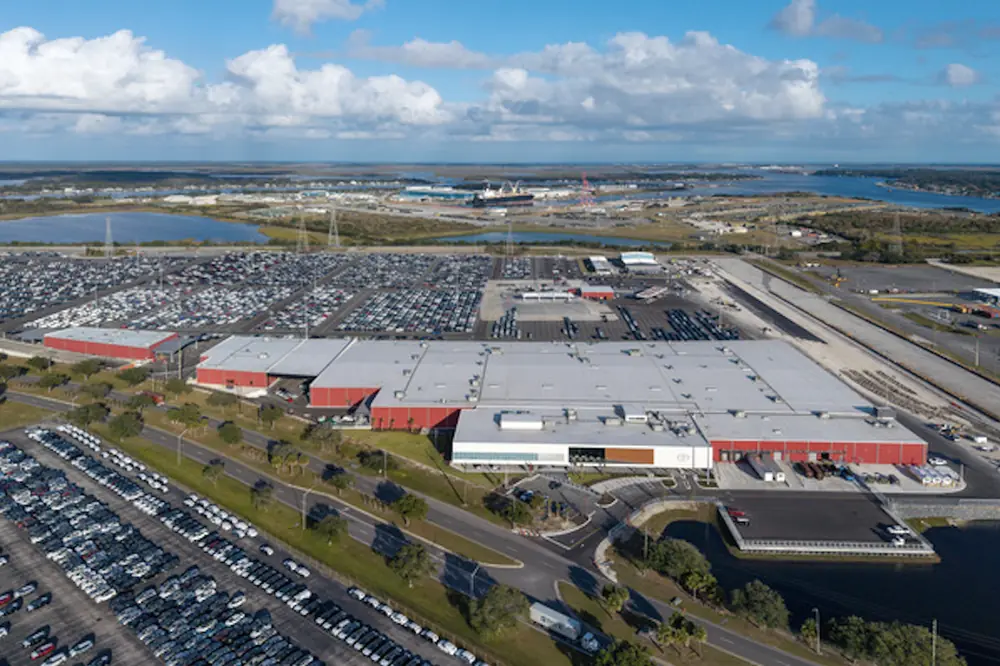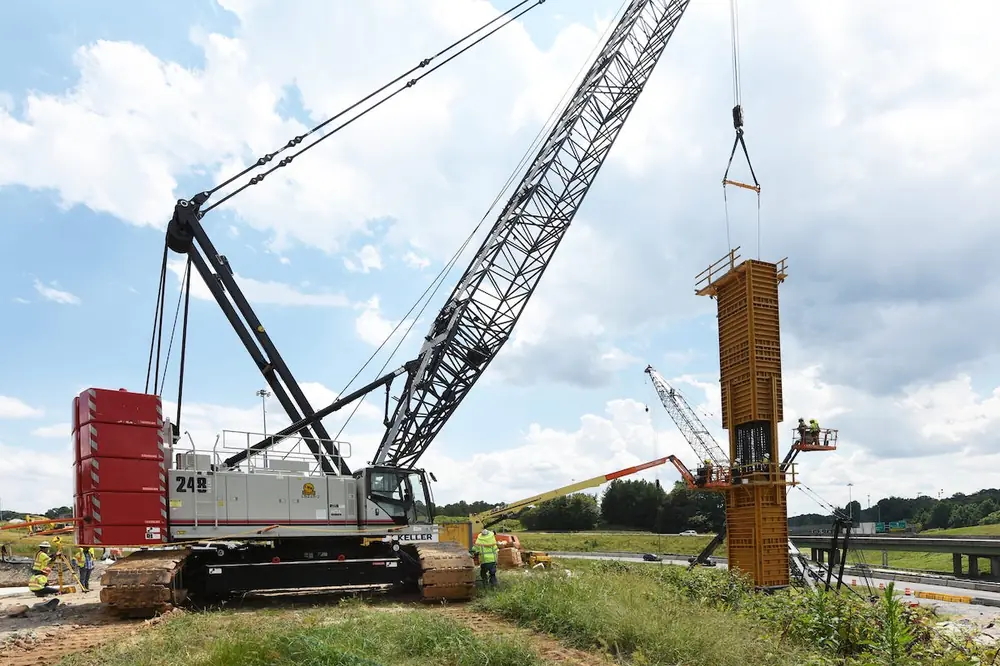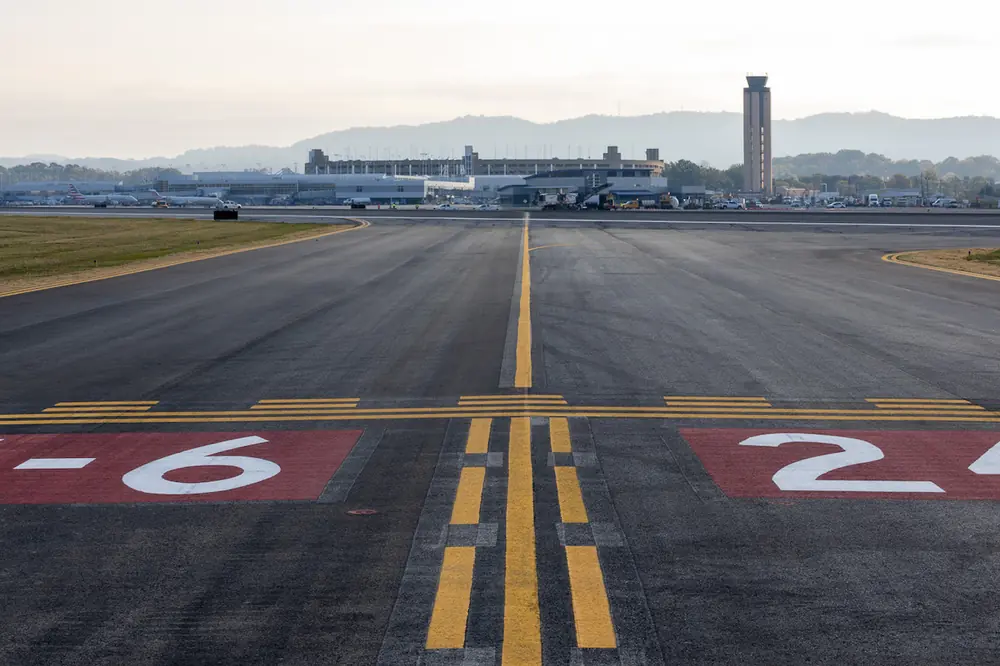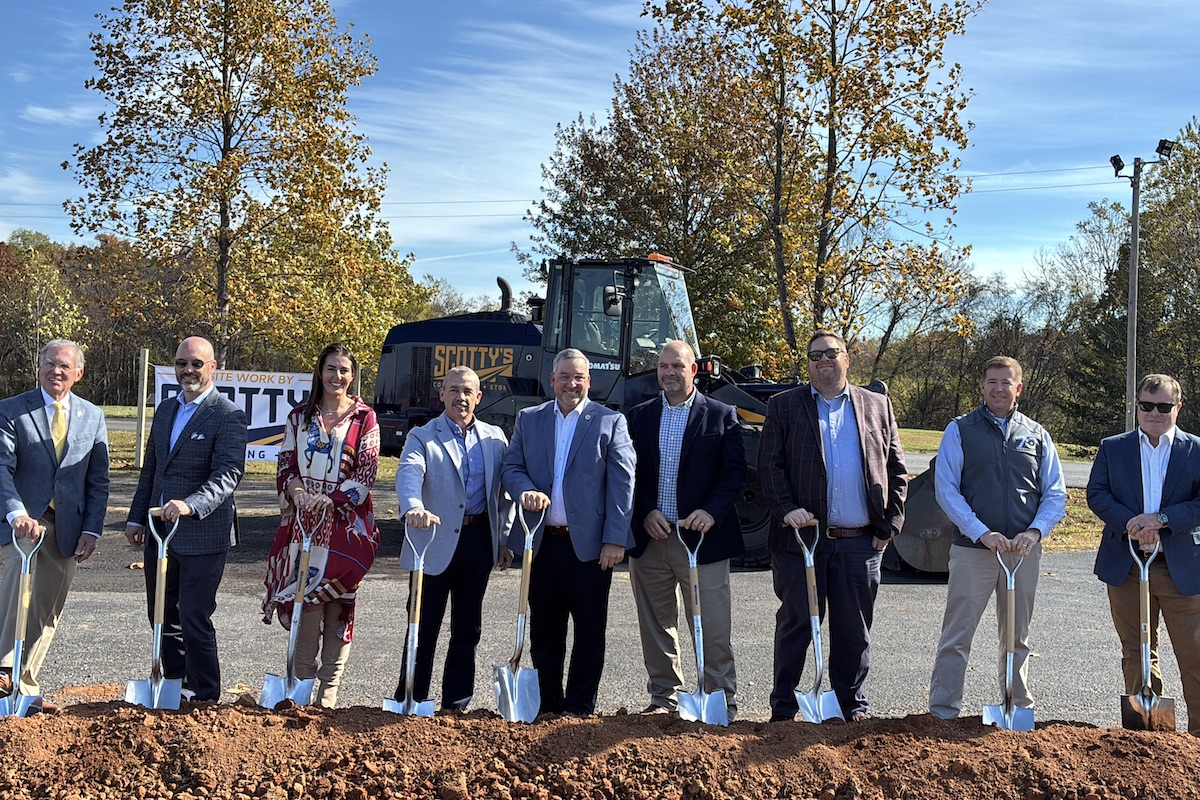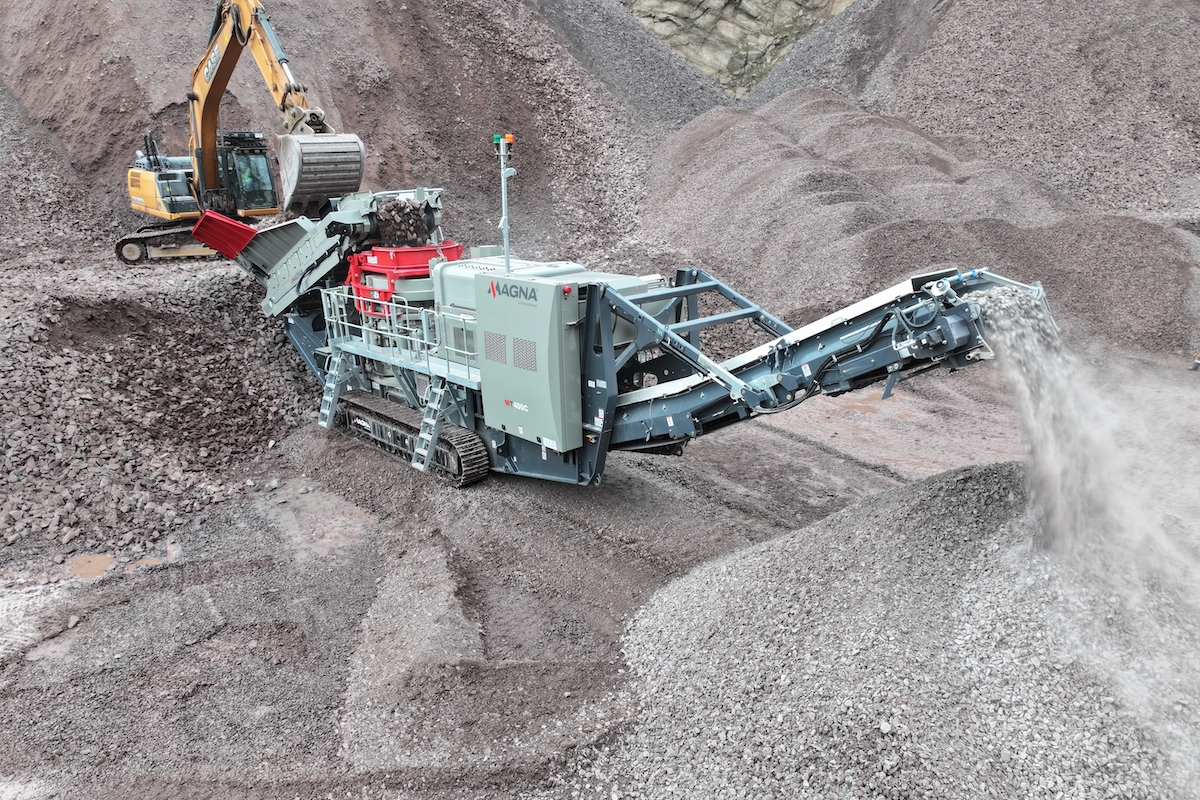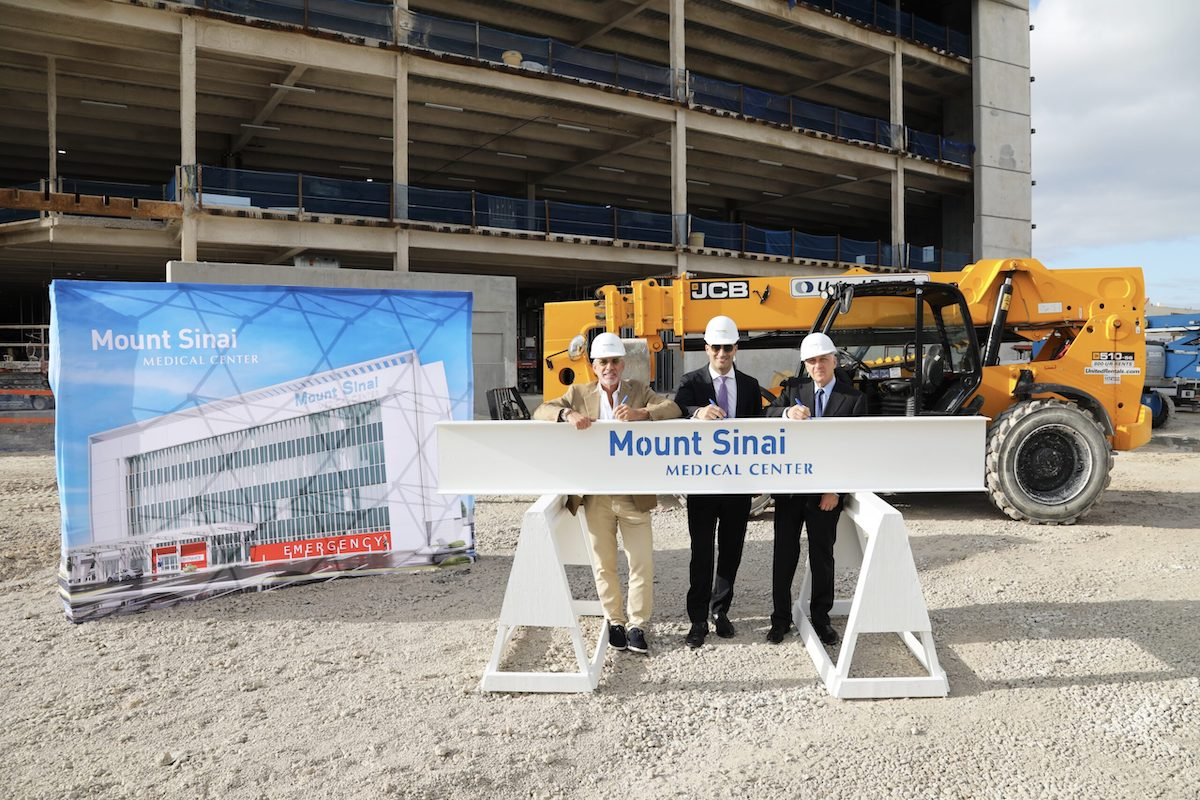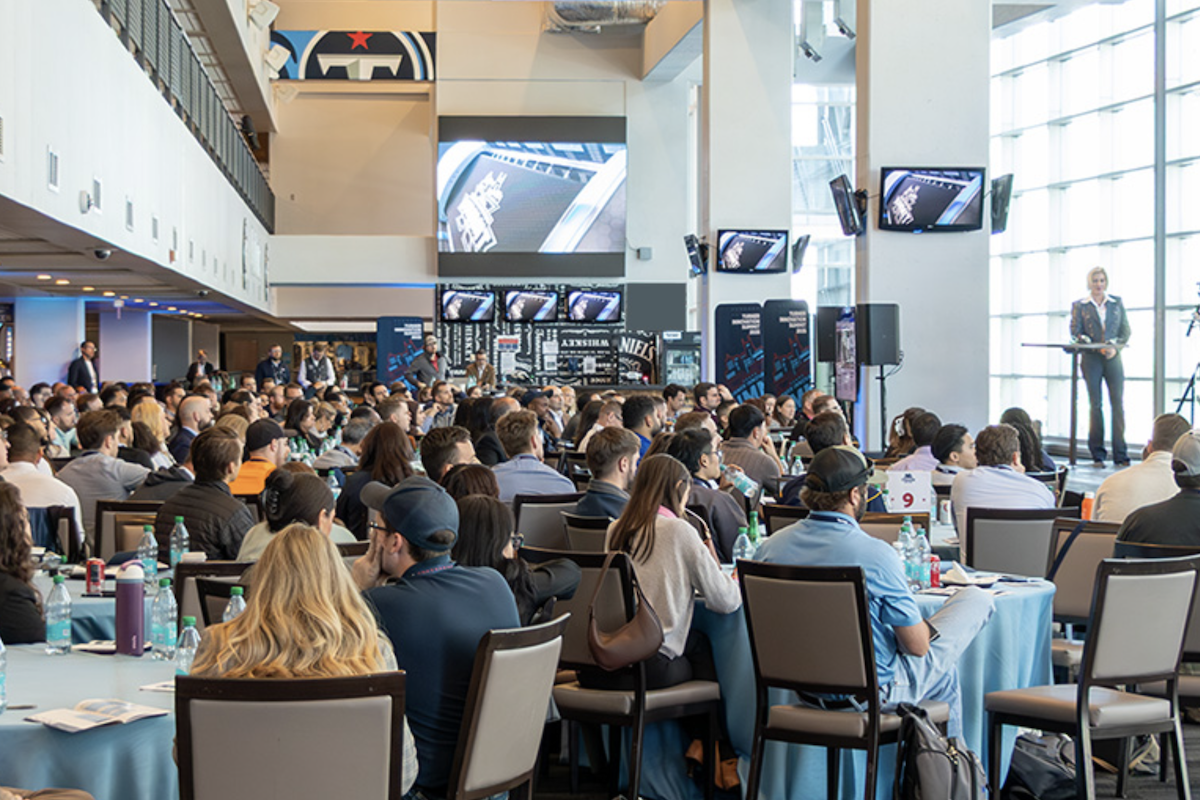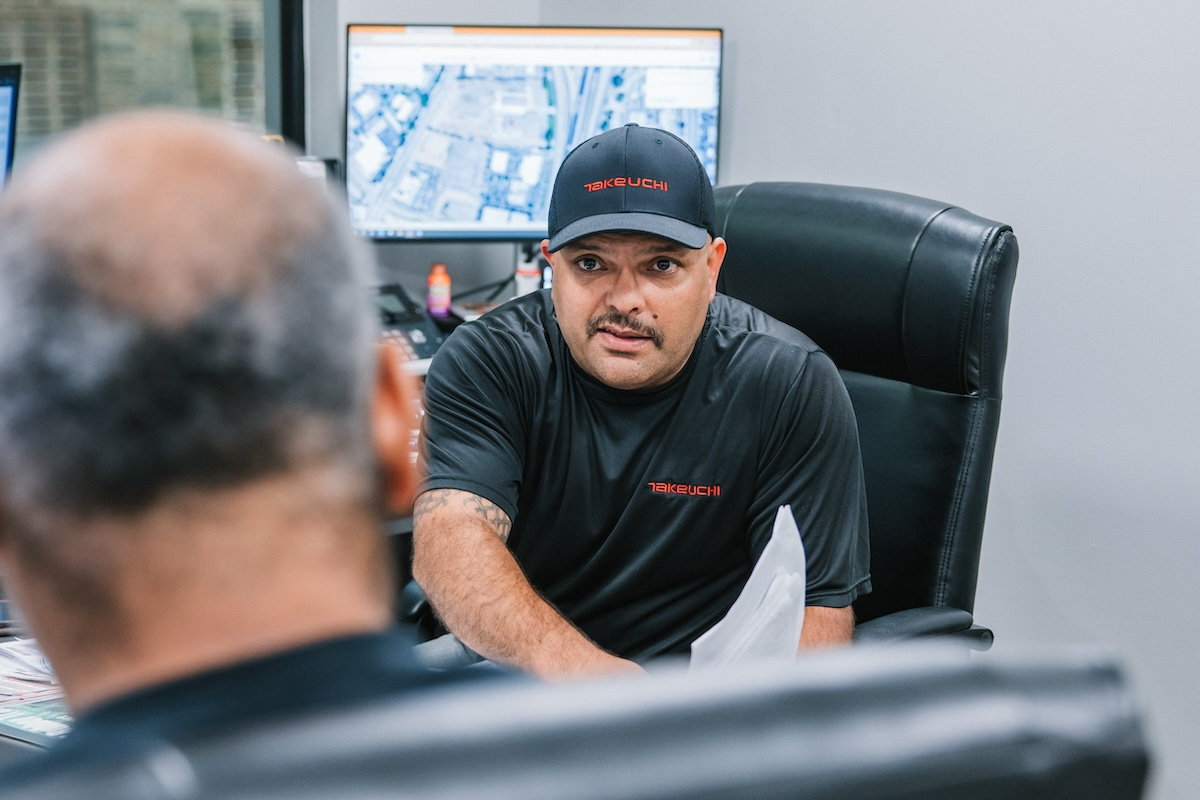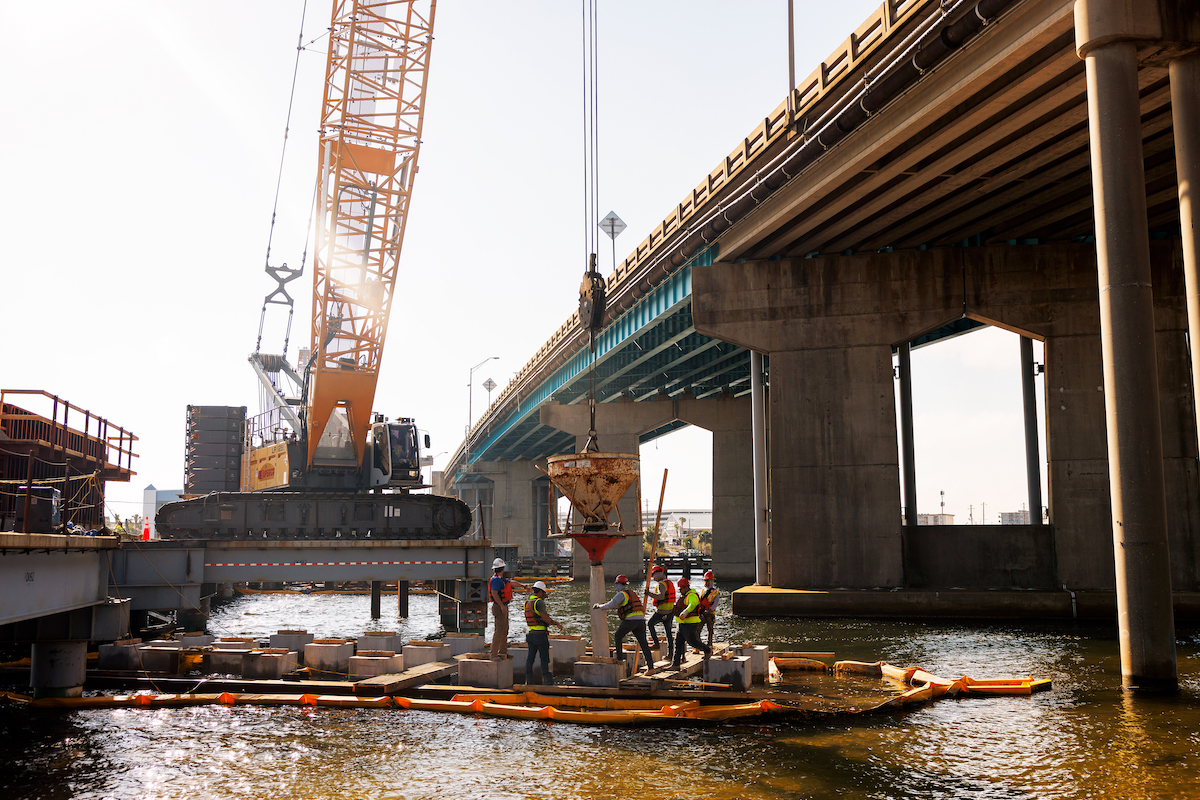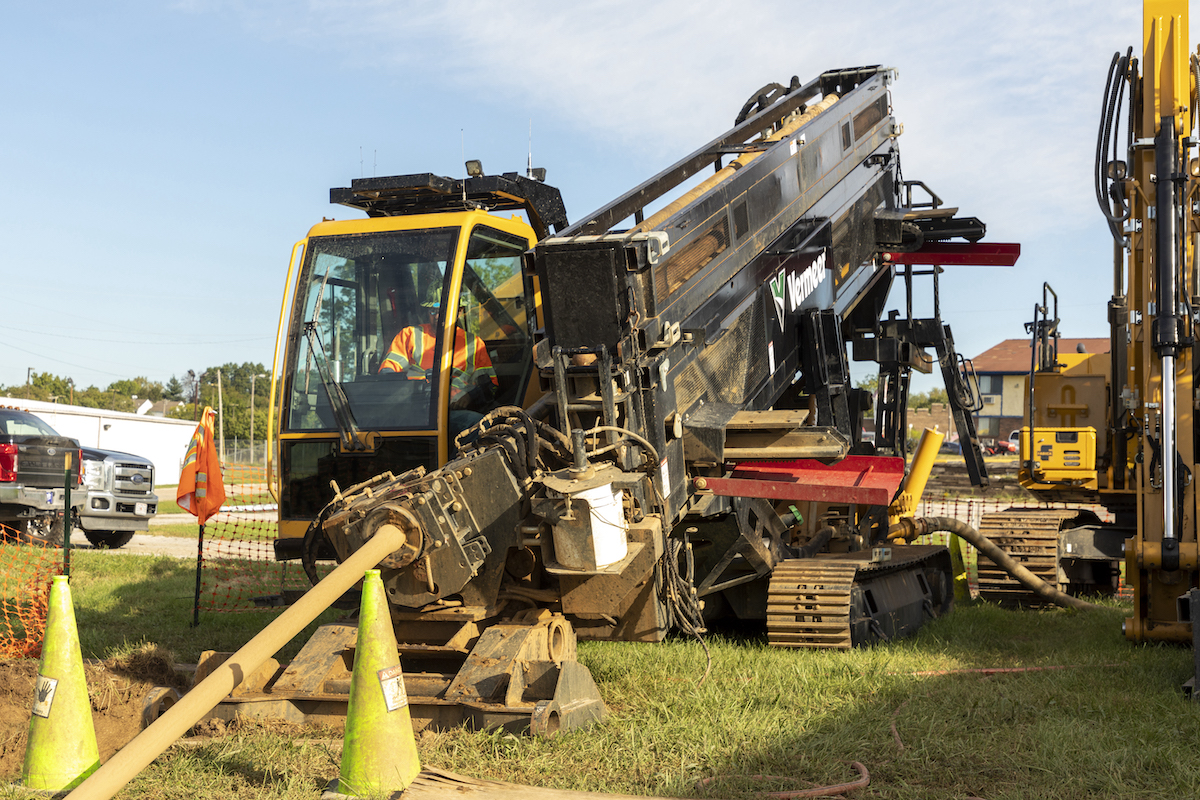Heavy-haul trailers trek thousands of miles during their service lives and encounter many challenges – from rocks and ruts to bumps and jolts, no trailer gets out unscathed. To get the most from trailers, here are some tips to prevent costly damage and keep trailers in top shape.
Start with the Purchase
Minimizing heavy-haul trailer maintenance starts long before the load hits the road. To ensure long-term durability, choose units with high-strength steel, such as 12-inch-deep I-beams with a minimum yield strength of 100,000 psi.
High-quality finishes are also important. A trailer with premium primer and topcoat finishes will look great for years to come and will, as a result, have a higher resale value.
Load Capacity
To minimize wear on components – such as brakes and tires – and to ensure safety, follow the right loading capacity for the trailer. This means getting a true idea of load concentrations as well as weight, speed, and safety ratings. Manufacturers are great resources for providing a clear picture of each trailer’s true capacity.
Pre-trip Inspection
Before taking off with each load, inspect the heavy-haul trailer, checking that brakes and tires are in good condition. Also ensure tires are properly inflated to the right psi and confirm hydraulic hoses are free from cracks or damage. If the trailer is a detachable or rear-load model, be sure to properly maintain hydraulic pressure even on self-contained and wet lines.
A quick walk around the trailer to look at the frame, chains, and straps for damage is a good idea, as well. Trailers see a lot of use and abuse, particularly in harsher weather conditions, so repairs or replacements could be needed sooner rather than later.
Hydraulic Cylinders
Hydraulic cylinders should be fully retracted when not in use to minimize the stainless-steel rams’ exposure to the elements and maximize their longevity.
Lubricate
Keep wheel-ends lubricated to minimize wear and prevent gear oil leakage. Well-lubricated wheel ends also ensure proper and safe operation. Brakes, cams, and slack adjusters need to be lubricated as well. In addition, use dielectric grease on lighting connections, electrical components, lights and lighting harnesses to reduce corrosion. Always refer to the manufacturer’s recommendations and grease guidelines.
Tires
Traveling with underinflated tires is one of the biggest culprits of premature wear, so keeping them properly inflated will allow them to last longer and boost fuel efficiency. Regularly check tire pressure and keep them properly inflated, either manually or with an automatic tire inflation system.
It’s just as important to replace tires when they become worn to avoid a blowout and downtime. Always select the right size and rating to ensure optimal performance and keep tire pressure equalized for the greatest longevity.
Preventative Maintenance Program
Developing a preventative maintenance program that aligns with an owner’s business needs will minimize breakdowns and optimize longevity of trailers, as well as their components. It also will enhance safety. Trailer fleet owners should match their equipment needs to a maintenance schedule. For example, will the trailer need to be on the road all the time or will it sit idle for long periods of time?
One of the best ways to see a direct reflection of the success of a maintenance program is through the Commercial Vehicle Safety Alliance’s inspection program. The nonprofit organization scores commercial motor vehicles based on inspection procedures and CVSA criteria – and the lower the number, the better.
Keep a Record
Proper record keeping is also important to know when preventative maintenance is needed and what has already been done. This helps an operation optimize efficiency and prevent any small issues from becoming larger headaches down the road. Putting proper procedures in place will keep appropriate personnel accountable for performing the maintenance when needed.
Training and Mechanics
Trailer owners should ensure anyone involved with any aspect of the trailer’s use has proper training, not only to prevent damage to the trailer, but also for their safety and the safety of others. In addition, ensure mechanics are well-trained on maintaining heavy-haul trailers and that they follow manufacturers’ guidelines.
Communication
Drivers and maintenance technicians should have open lines of communication in regard to trailer issues or required maintenance. This will ensure the right kind of maintenance is performed and that it’s done in a timely manner.
From fleets of five trailers to 50, proper selection, maintenance and preventative programs are equally important in ensuring the greatest longevity, safety, and performance of each unit.
















